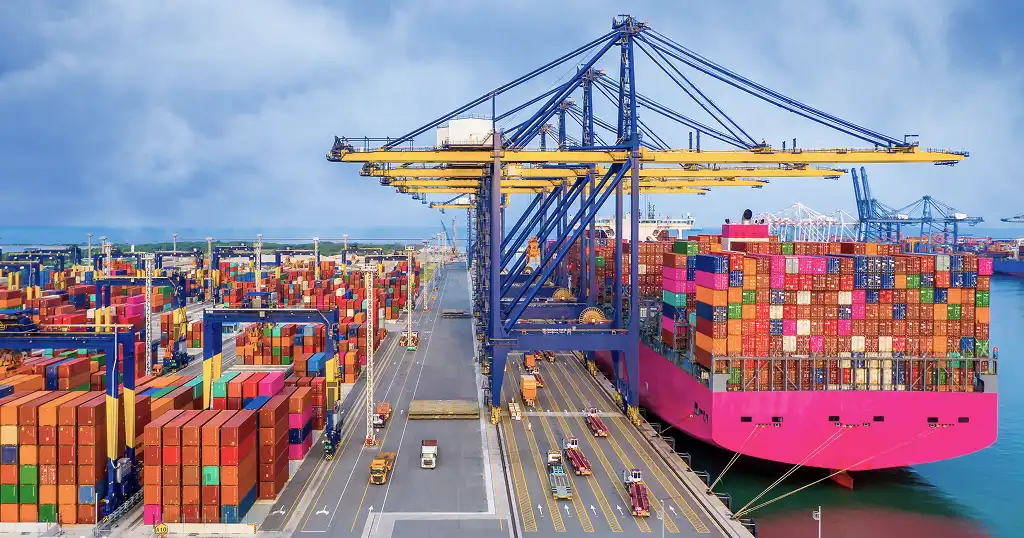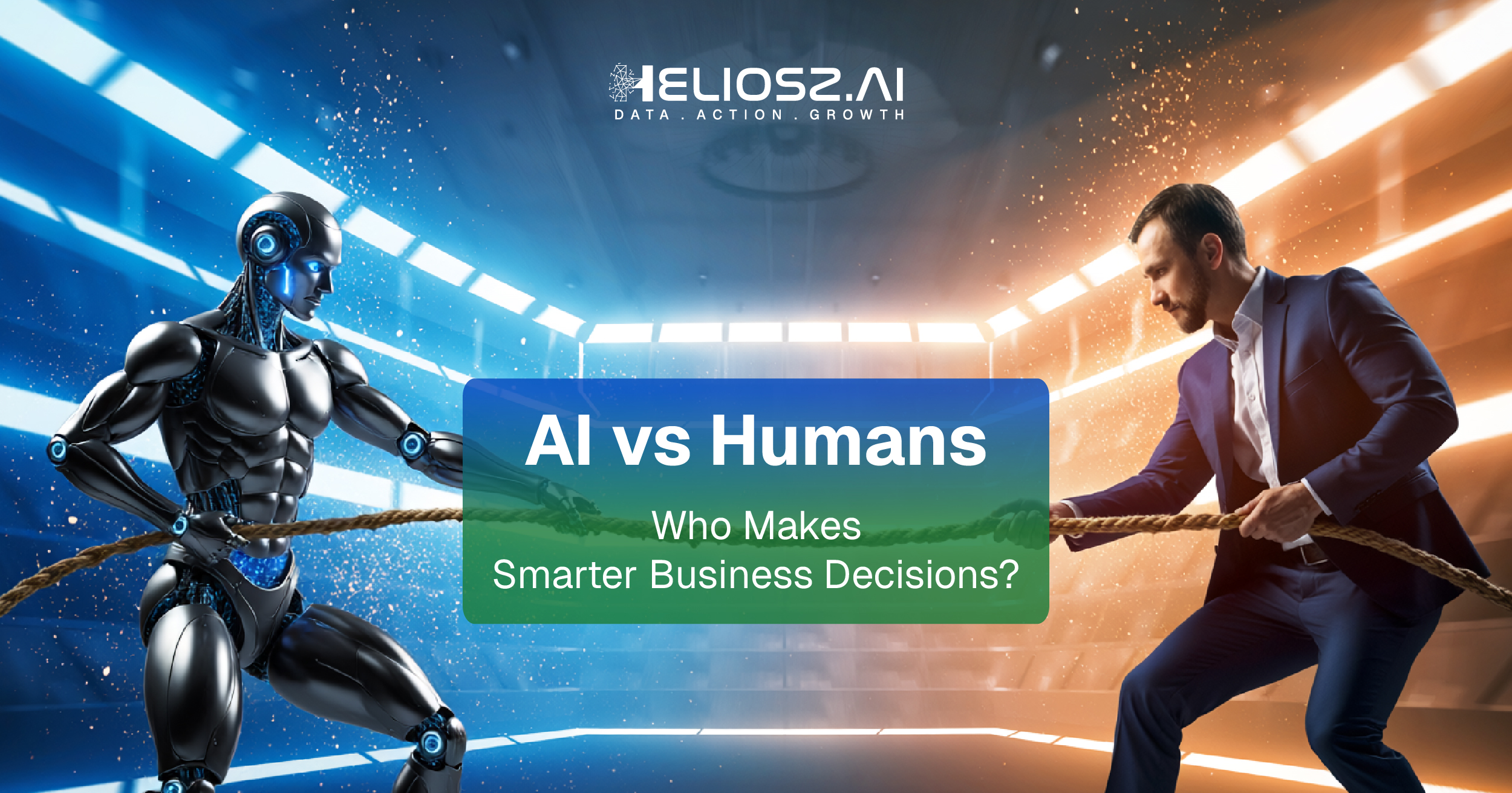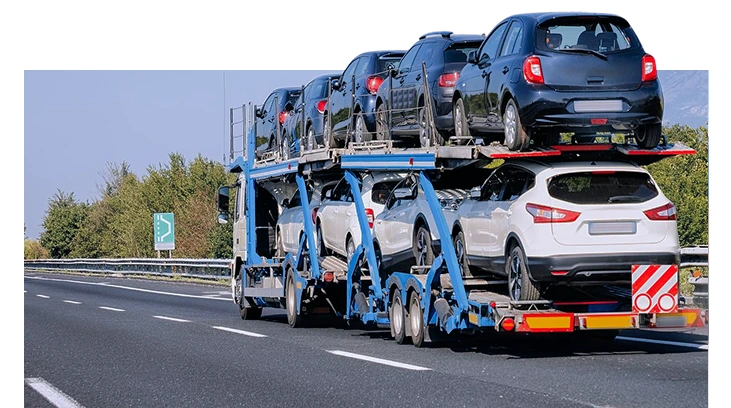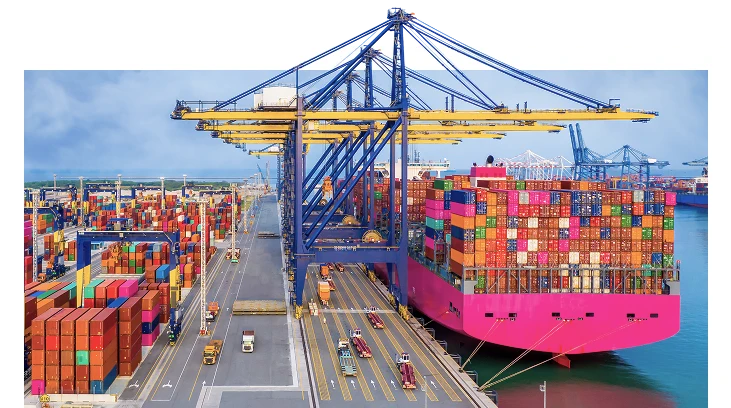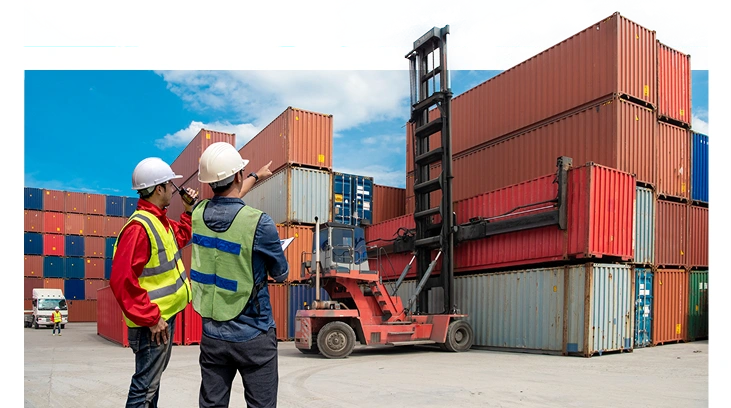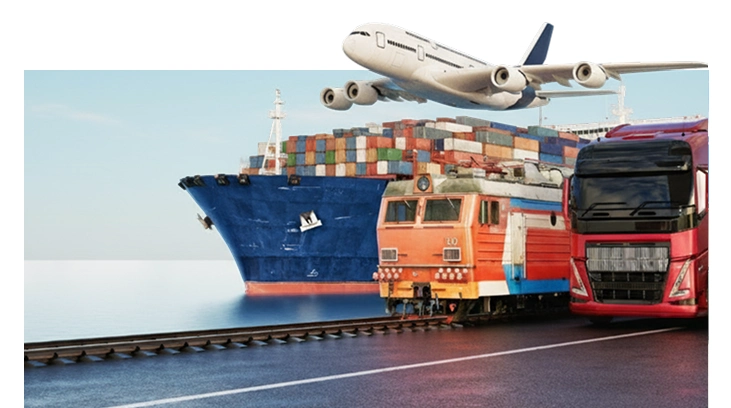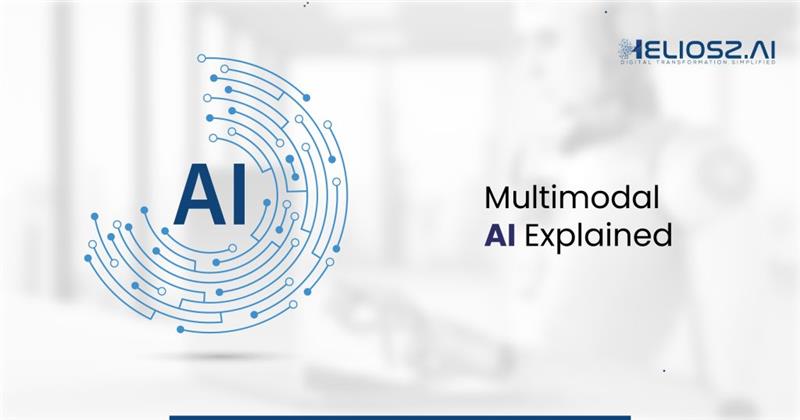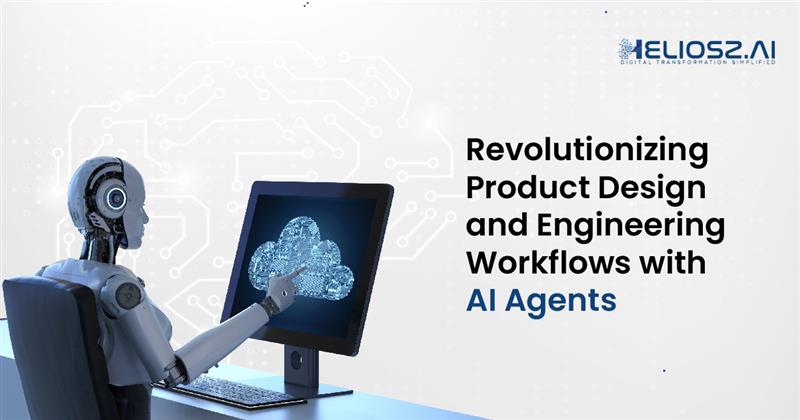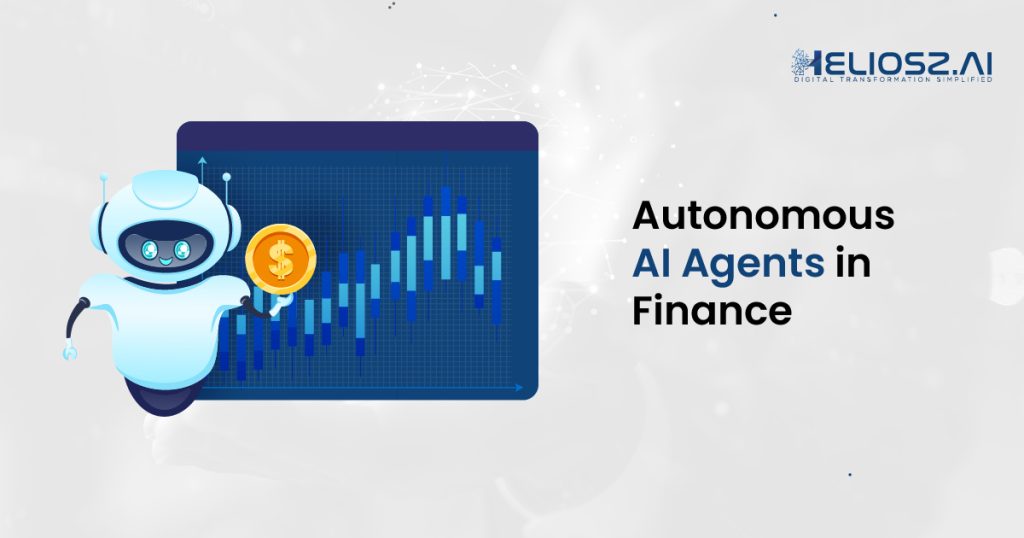Data-Driven Logistics for a Seamless Supply Chain
In the fast-paced world of logistics, every second counts. Heliosz.AI helps logistics providers leverage real-time data, predictive analytics, and AI-driven insights to streamline operations, improve delivery accuracy, and optimize end-to-end supply chain performance.
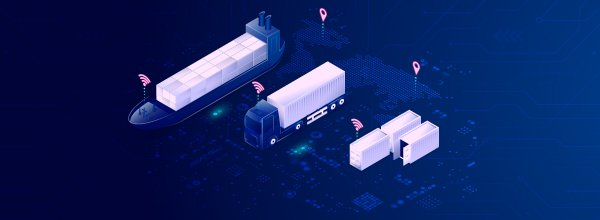
Enhance delivery performance with intelligent route planning, dynamic scheduling, and geospatial analytics. By analyzing traffic patterns, shipment volumes, and service-level constraints, logistics providers can identify the most efficient paths and reduce transit delays. Optimized routing improves fleet utilization, minimizes fuel consumption, and ensures timely deliveries. Additionally, route simulations help businesses adapt to disruptions, cut costs, and improve customer satisfaction.
Adjust delivery paths in real time using live traffic, demand, and constraints for optimal efficiency.
Distribute shipments evenly across available fleets to maximize asset utilization and reduce delays.
Improve on-time performance by leveraging intelligent routing models and real-world delivery insights.
Run predictive models to assess disruptions and make informed decisions across distribution networks.
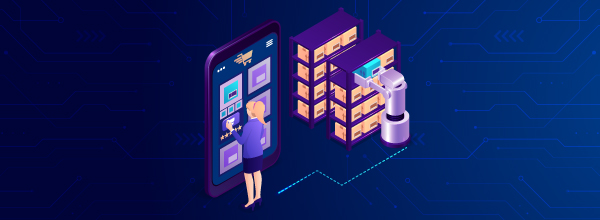
Enable smarter stock positioning through real-time inventory visibility, demand pattern analysis, and automated replenishment planning. Predictive models help identify product demand fluctuations, optimize stock levels, and reduce warehousing overhead. Forecasting capabilities improve replenishment cycles, avoid stockouts, and support agile, data-backed decision-making. Businesses can align supply with shifting market trends while minimizing inventory carrying costs and boosting operational resilience effectively.
Use historical data and AI models to predict demand trends with precision across multiple locations.
Align procurement and restocking cycles with expected demand to minimize shortages and excesses.
Optimize space and inventory movement by forecasting inbound volumes and outbound requirements.
Reduce holding costs and obsolete inventory with data-driven visibility into consumption trends.
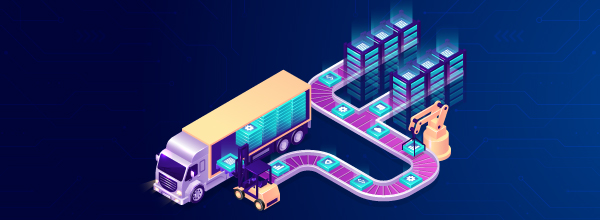
Mitigate risks across logistics operations using advanced predictive models, anomaly detection, and scenario-based simulations. Real-time data is used to identify bottlenecks, weather delays, and geopolitical risks before they escalate into disruptions. Predictive alerts allow proactive decision-making, enhancing supply chain continuity and operational responsiveness. These insights help reduce losses, ensure business continuity, and drive faster incident resolution with fewer manual interventions.
Leverage data analytics to proactively identify potential disruptions before they impact operations.
Set up automated notifications for immediate action on unforeseen disruptions or changing conditions.
Monitor and assess supplier performance to mitigate risks related to delays and compliance issues.
Simulate multiple risk scenarios to understand the potential impact and optimize response strategies.
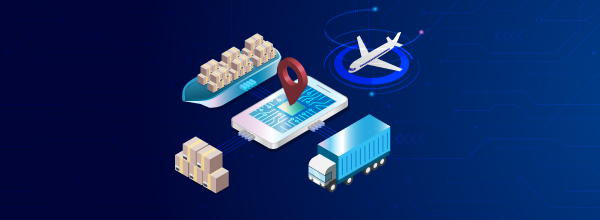
Improve fleet operations through performance benchmarking, telematics integration, and real-time diagnostics with analytics dashboards. Analyze vehicle usage, fuel efficiency, and maintenance patterns to reduce downtime and extend asset life significantly. This capability ensures regulatory compliance, improves driver safety, and lowers overall operating costs. Additionally, analytics-driven fleet management supports continuous improvement, efficiency tracking, and environmental sustainability goals in logistics.
Track fleet performance in real-time, ensuring route optimization and minimizing idle times.
Reduce operational costs by optimizing fuel consumption, maintenance schedules, and driver performance.
Predict vehicle maintenance needs, preventing downtime and extending asset lifecycles.
Use data to analyze driver habits and implement training to reduce accidents and improve safety.
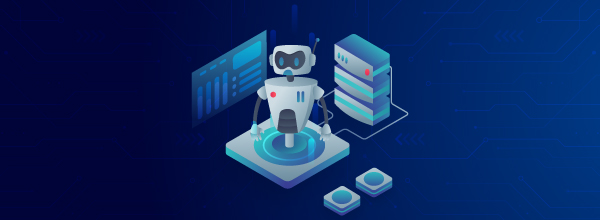
Streamline logistics workflows by automating manual tasks, documentation, exception handling, and operational bottlenecks. Implementing RPA, AI, and IoT technologies enables real-time monitoring and intelligent, data-driven process improvements. Automation enhances speed, accuracy, and scalability across warehousing, order fulfillment, and last-mile delivery operations. It also fosters seamless collaboration between systems, teams, and partners while supporting long-term business growth and efficiency.
Automate repetitive tasks and data entry to improve efficiency and reduce human error.
Implement AI-powered sorting systems for faster and more accurate package handling.
Streamline workflows to improve coordination between dispatch, warehousing, and delivery teams.
Use data to continuously refine processes, enhancing overall operational agility and speed.
Powering logistics operations with intelligent, data-driven precision! Optimizing every mile with insight-led logistics strategies.


























